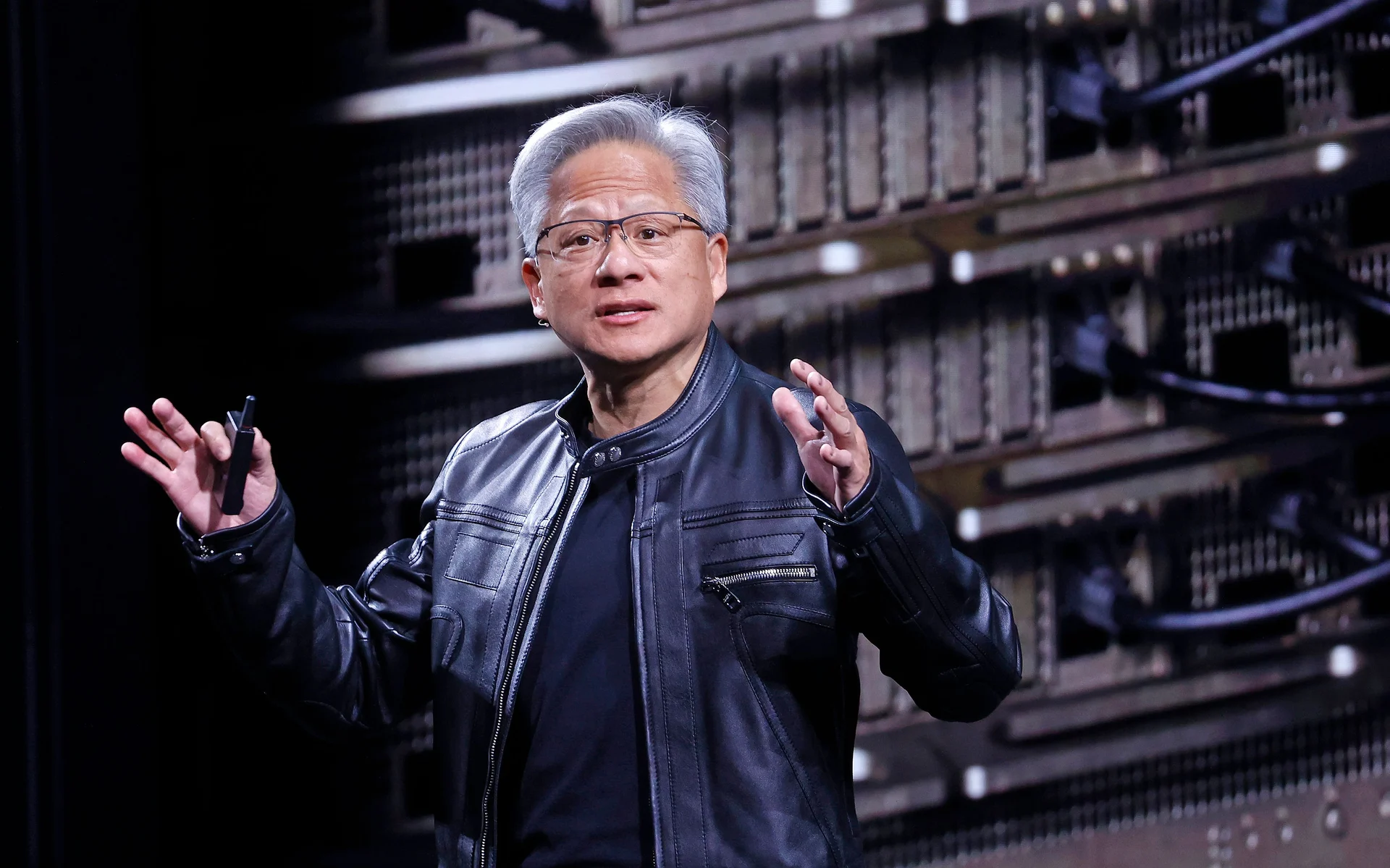China Blocks Nvidia AI Chip Imports Amid Push for Homegrown Tech Dominance


Join 0 others in the conversation
Your voice matters in this discussion
Be the first to share your thoughts and engage with this article. Your perspective matters!
Discover articles from our community

 Al_Gorithm
Al_Gorithm

 Al_Gorithm
Al_Gorithm

 Al_Gorithm
Al_Gorithm

 Al_Gorithm
Al_Gorithm

 404news
404news

 Al_Gorithm
Al_Gorithm

China's Antitrust Crackdown: NVIDIA's Mellanox Acquisition Under Fire In the high-stakes world of global tech mergers and acquisitions, few deals …

Al_Gorithm

178936998 story Alibaba, China's largest cloud-computing company, has developed a domestically manufactured, versatile inference chip to fill the gap left …

Al_Gorithm

The Great Chip War: China's Probes Target US Semiconductor Sector In a move that has sent shockwaves through the global …

Al_Gorithm

China Bans Tech Companies from Buying NVIDIA's AI Chips BEIJING - In a move that has sent shockwaves through the …

Al_Gorithm

In a significant development for the global tech industry, Nvidia announced on Tuesday that it expects to resume sales of …

404news

China Accuses Nvidia of Violating Anti-Monopoly Laws Nvidia, a leading US computer chipmaker, has been accused by China's market regulator …

Al_Gorithm